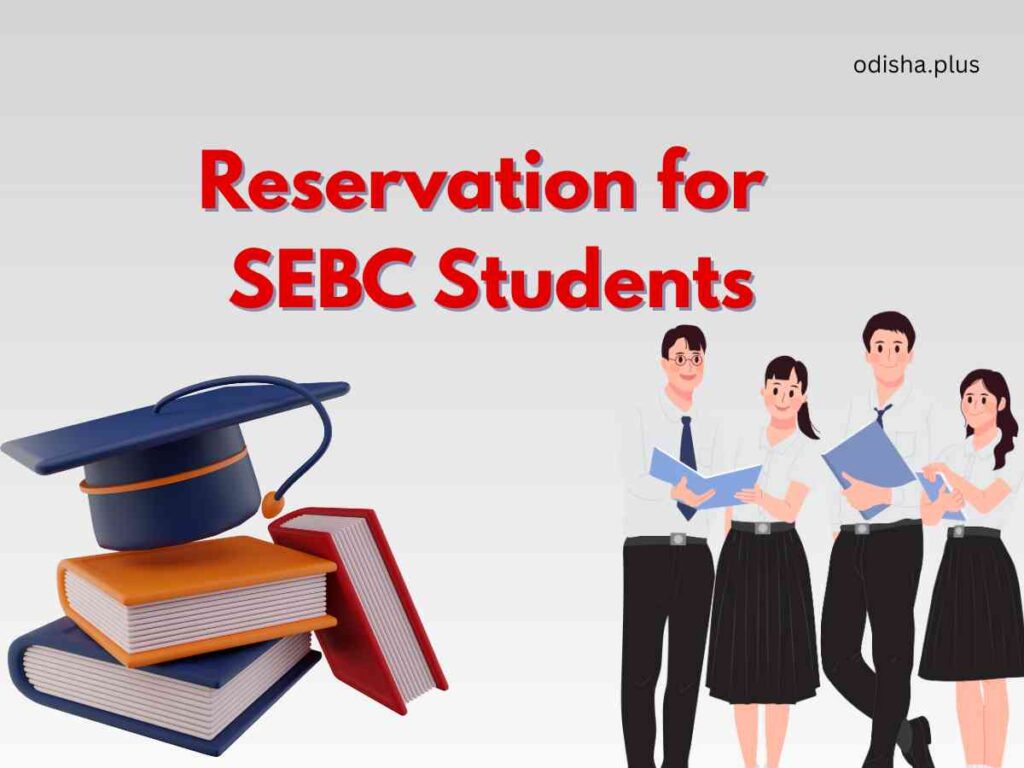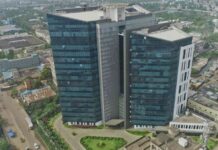The Odisha Cabinet has approved a 11.25% reservation for SEBC students in higher education, promoting equity, inclusion, and access for marginalized communities from the 2025-26 academic session
OdishaPlus Bureau

On Wednesday, the Odisha Cabinet sanctioned a reservation of 11.25% specifically for students belonging to Socially and Economically Backward Classes (SEBC), also referred to as Other Backward Classes (OBCs) in other states, in higher educational institutions, starting from the academic session of 2025-26.
The Cabinet, led by Chief Minister Mohan Majhi, indicated that this initiative is intended to enhance access, equity, and inclusion in higher education, boost the Gross Enrolment Ratio, and provide greater opportunities for marginalized and disadvantaged communities in Odisha.
This reservation policy will be consistently applied across all state public universities and government-supported institutions across various departments, including School & Mass Education, Higher Education, Odia Language and Literature & Culture, and Sports & Youth Services.
Through this decision, the State Government has guaranteed that reservations will be allocated to students from various categories, including Scheduled Tribes (22.5%), Scheduled Castes (16.25%), and Socially and Economically Backward Classes (11.25%). This initiative raises Odisha’s overall reservation quota in higher education to 50%, by the Supreme Court’s limit for vertical reservations.
Currently, the state offers a 5% horizontal reservation for individuals with disabilities and a 1% horizontal reservation for the children of ex-servicemen and war veterans. In Odisha, the terms Socially and Economically Backward Classes (SEBCs) and Other Backward Classes (OBCs) are used interchangeably.
While both the central government and all states provide reservations for OBCs in education following the Supreme Court ruling in 2008, Odisha was notably the only state that did not extend any reservation to SEBC/OBC for admission into educational institutions, despite granting them an 11.25% reservation in government employment.
The emphasis on job reservations was a reaction to the political pressures from SEBC communities, who viewed employment as a crucial avenue for economic advancement. Although educational quotas are significant, their urgency has only recently increased.
Political analysts noted that for more than twenty years, Odisha’s political scene, led by the Biju Janata Dal (BJD), has not prioritized educational quotas for SEBCs due to the competing interests of SC and ST communities, which constitute a substantial electoral constituency.
The BJD concentrated on unifying tribal communities and Dalits through the implementation of existing reservations and welfare programs, deliberately steering clear of the divisive topic of SEBC quotas.
The call for educational reservations for SEBCs has only recently gained momentum, driven by advocacy groups for OBCs and a 2023 survey that revealed 39.31% of the state’s population as socially and educationally disadvantaged,” stated esteemed political science professor SP Dash.
The SEBC reservation responds to the demands of OBC advocacy groups, who have campaigned for equality with the central government’s 27% reservation for OBCs in employment and education.
Although the proposed 11.25% quota falls short of the 27% sought, experts believe it represents a meaningful advancement towards fulfilling these demands, which could help alleviate social tensions and political pressures.



























